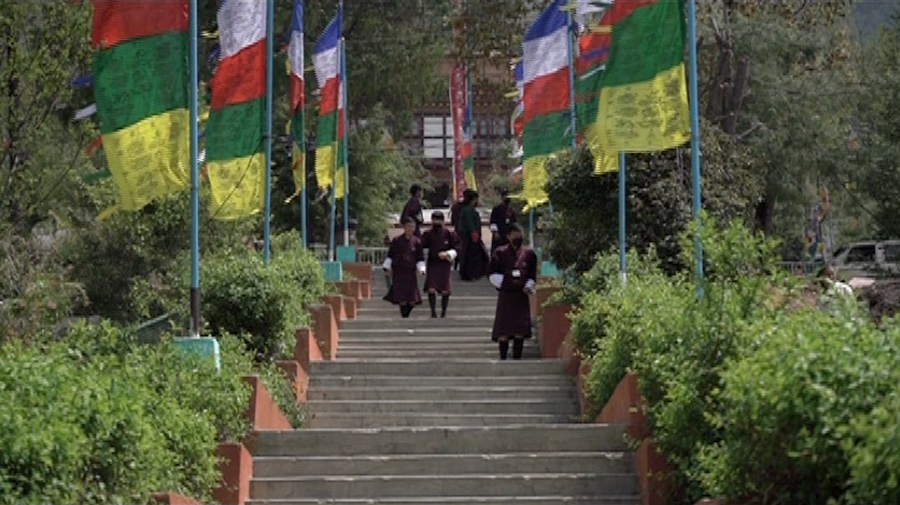
Many students are facing mental health issues that affect them academically, socially, and emotionally. But tackling the problem is more challenging without enough counsellors. Of 175 full-fledged counsellors in the country, 27 of them resigned between last year and March this year.
In Yangchenphug Higher Secondary School in Thimphu, there are more than 1,200 students.
The school had two counsellors who catered counselling and guidance services to the students. However, they resigned last year.
Although the school received a counsellor this year, the school management said it is difficult for the lone counsellor to cater services to a large number of students. In a month, a counsellor caters services to more than 20 students.
“When it comes to Yangchenphug Higher Secondary School, we had two counsellors. However, they resigned and we received only one recently. I don’t know how we can do it, as many students need psychological support. I am in doubt about how we will be able to support the students with one counsellor,” said Karma Choida, Vice Principal of the school.
Even the school’s full-fledged counsellor, Tashi Norbu shared similar views.
“I am the only one here. I am having a tough time. While catering services to 1,200 students, it is very difficult for me to reach all of them,” said Tashi Norbu, a counsellor.
According to the Ministry of Education and Skills Development, besides the 15 counsellors who resigned this year, three more applied for resignation this month.
As mental health is a concern among all age-group of students, it is important to deploy adequate counsellors in schools across the country. However, currently, the ministry doesn’t send counsellors to primary schools. As a result, in some of the primary schools, the management identifies a focal teacher for counselling. Without a full-fledged counsellor, a few focal teachers say they are facing challenges as they have to multitask alongside teaching.
“The current scenario of the counsellors in the primary schools as far as I am concerned and as I know, I think we don’t have counsellors assigned to primary schools. And from what I see, I think primary schools need counsellors the most. Like full-fledged counsellors,” said Chimi, Focal Teacher of Rinchen Kuenphen Primary School.
According to officials from the ministry, initially when they were recruiting counsellors, mental health issues and the need for guidance were more prominent in secondary schools. That’s why the ministry has sent counsellors to secondary schools only.
However, officials added that the ministry is now discussing with the Royal Civil Service Commission and the Royal University of Bhutan to recruit more counsellors. There are around 500 schools in the country.
“The Ministry of Education and Skills Development is in discussion with the RCSC and RUB in recruiting more counsellors and also increasing the intake at the College of Education in Samtse. And the ministry is also in discussion with the RCSC about placing two counsellors in secondary schools preferably one male and female counsellor and also trying to place counsellors in the primary schools,” said Reena Thapa, Chief Counsellor of Career Education and Counselling Division.
According to Samtse College of Education, the institution doesn’t receive enough applicants. Every year the college announces 35 slots for counselling courses.
In many developed countries, there is a minimum requirement of student to counsellor ratio. For instance, in the US, American School Counsellor Association recommends one counsellor for 250 students.
Sonam Yuden
Edited by Tshering Zam








